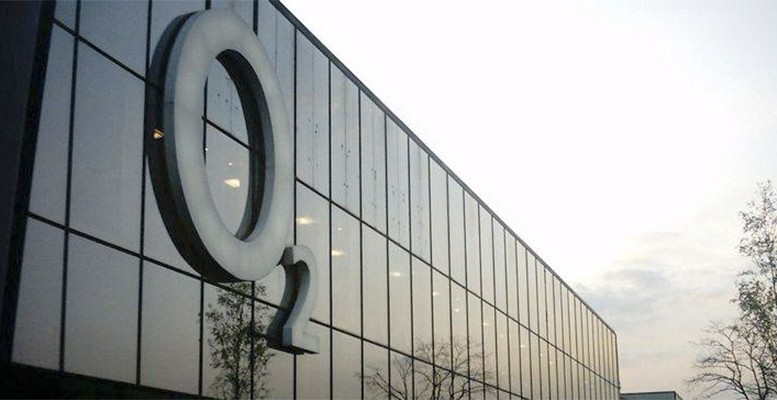Telefónica has announced it is in talks with Liberty Global for a possible integration of its assets in the UK. The company acknowledges that it is in the process of negotiating with Liberty Global, but there is no guarantee this will be successful or that the final terms will be met. Liberty Global offers pay television, broadband and telephony services in the UK through the Virgin Media brand. In addition, it has a mobile virtual operator or MVNO based on British Telecom’s network that expires at the end of 2021 (which would have already negotiated a switch to Vodafone).
Telefónica O2 in the United Kingdom is a mobile-only operator with 34 million customers. The company accounts for 14.6% of revenues, 12.5% of EBITDA and 13% of Enterprise Value (EV), with an estimated value of 12.9 billion euros; its revenues grew by 3.8% in organic terms and EBITDA by 2.3% in 2019.
While awaiting the financial details of the operation, Banco Sabadell’s analysts have given it a very positive assessment for the following reasons:
- Strategic sense: Telefónica in the UK only has a mobile business, so this merger would allow it to offer convergent services. And although the market is not yet focused on them, it would improve the Spanish teleco’s competitive position. The merger would create an operator with better future prospects and both companies would benefit from synergies (including the change of host for Virgin’s virtual).
- While still pending the financial details of the transaction, the valuation of both assets is similar (according to Virgin Media’s valuations published in the press of 12.3 billion euros). The deal would not have a relevant impact on Telefónica’s deleveraging (if both companies maintain control), so the benefits would focus on strengthening its assets in the UK.
To have a greater impact on debt, Telefónica could allocate debt to assets (deconsolidate group debt). Or there would also be an option for the company to receive cash for assets, as rumoured in the media. These two options, under the umbrella of an integration, would imply a higher valuation for Telefónica O2. Another alternative could be for Telefónica to give up some control. However, we do not think this will happen as the company currently considers its UK operations to be strategic. Therefore, we do not expect the impact would be very relevant in terms of deleveraging.
–Better alternative than an IPO: We believe the valuation that emerges will be higher than that in the case of an IPO (something the company considered).





